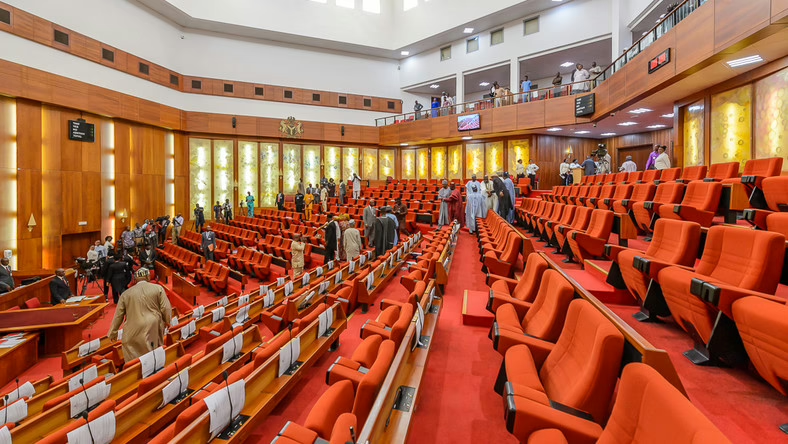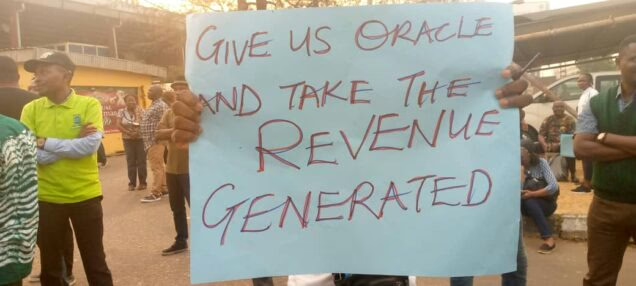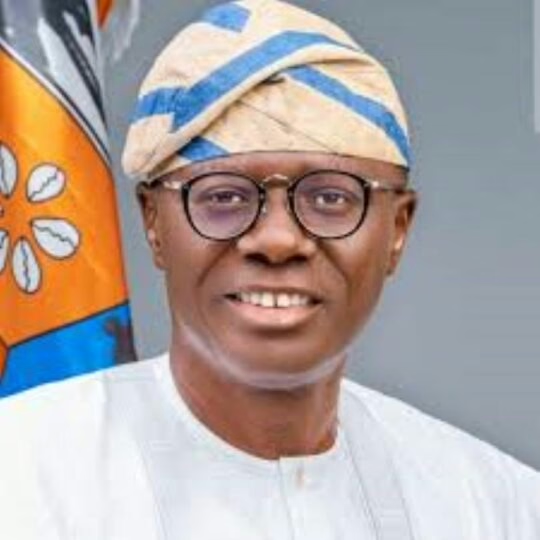Vice-President Kashim Shettima has said the adoption of electric mobility as a more sustainable mode of transportation will tackle the challenge of air pollution in the country.
Shettima disclosed this, according to a statement on Friday, during the inspection of the solar-powered charging stations for e-mobility domiciled in the State House, in Abuja.
The Vice President made this known ahead of the upcoming United Nations climate summit (COP28) in Dubai, stressing the need for Nigeria to be dedicated to exploring environmentally friendly alternatives for transportation.
He said, “E-mobility deployment aligns with the Nigeria Energy Transition Plan, addressing emissions, air pollution, and energy security concerns while ensuring a greener future for Nigerians.
“ETP supported by partners like Sustainable Energy for All and the Global Energy Alliance for People and Planet shows the transport sector contributing 28.4 per cent of emissions; with the ETP advocating for transitioning to low-emission transport technologies.
“Nigeria’s Federal Government actively supports this transition which includes boosting local assembly capacity for electric vehicles, establishing charging infrastructure, and enabling private sector participation.”
Shettima added that through these initiatives, Nigeria “demonstrates its readiness to embrace cleaner and greener alternatives; and its energy transition journey is emblematic of the transformative potential of sustainable energy in shaping the future of African nations.”
Meanwhile, the Vice President has stressed the significance of strengthened public-private infrastructure partnerships.
Shettima further pointed out that the realisation of better infrastructure as a crucial driver of the country’s economic growth forms the foundation of President Bola Tinubu’s Renewed Hope Agenda.
The Vice President made these remarks on Thursday in Abuja during the public launch of two books written by renowned Nigerian lawyer, Yusuf Ali, SAN, and M. T. Adekilekun.
The VP said, “There is, of course, no politician in the country today who can match President Bola Ahmed Tinubu’s experience in both brokering public-private partnership and understanding what must be done to bridge our infrastructure gaps.
“You only need to gaze into the realities of Lagos State before and after his progressive leadership as executive governor to realise his spectacular legacy, a skill set he’s again brought into play to reposition Nigeria as a competitive global player.”










